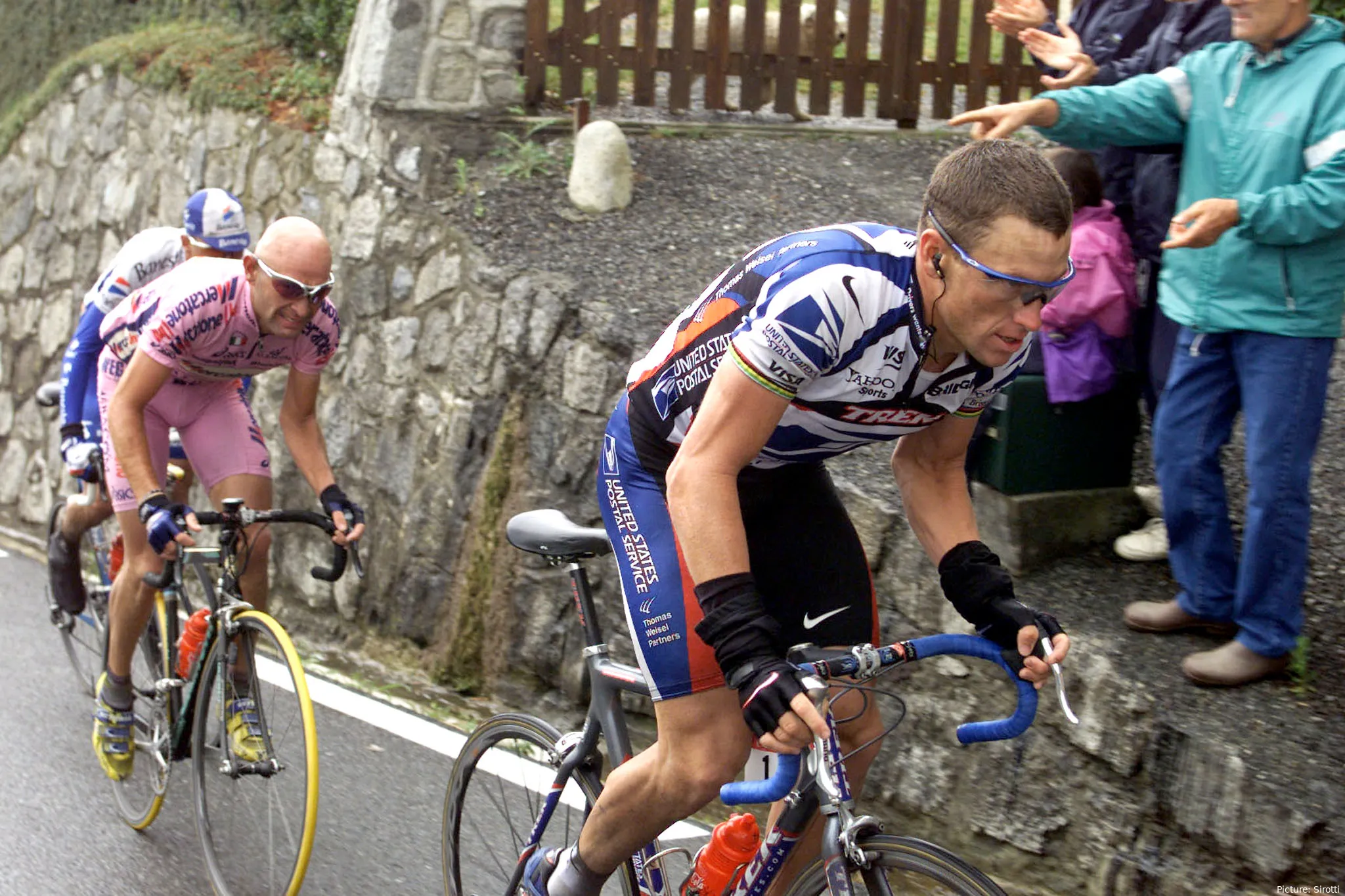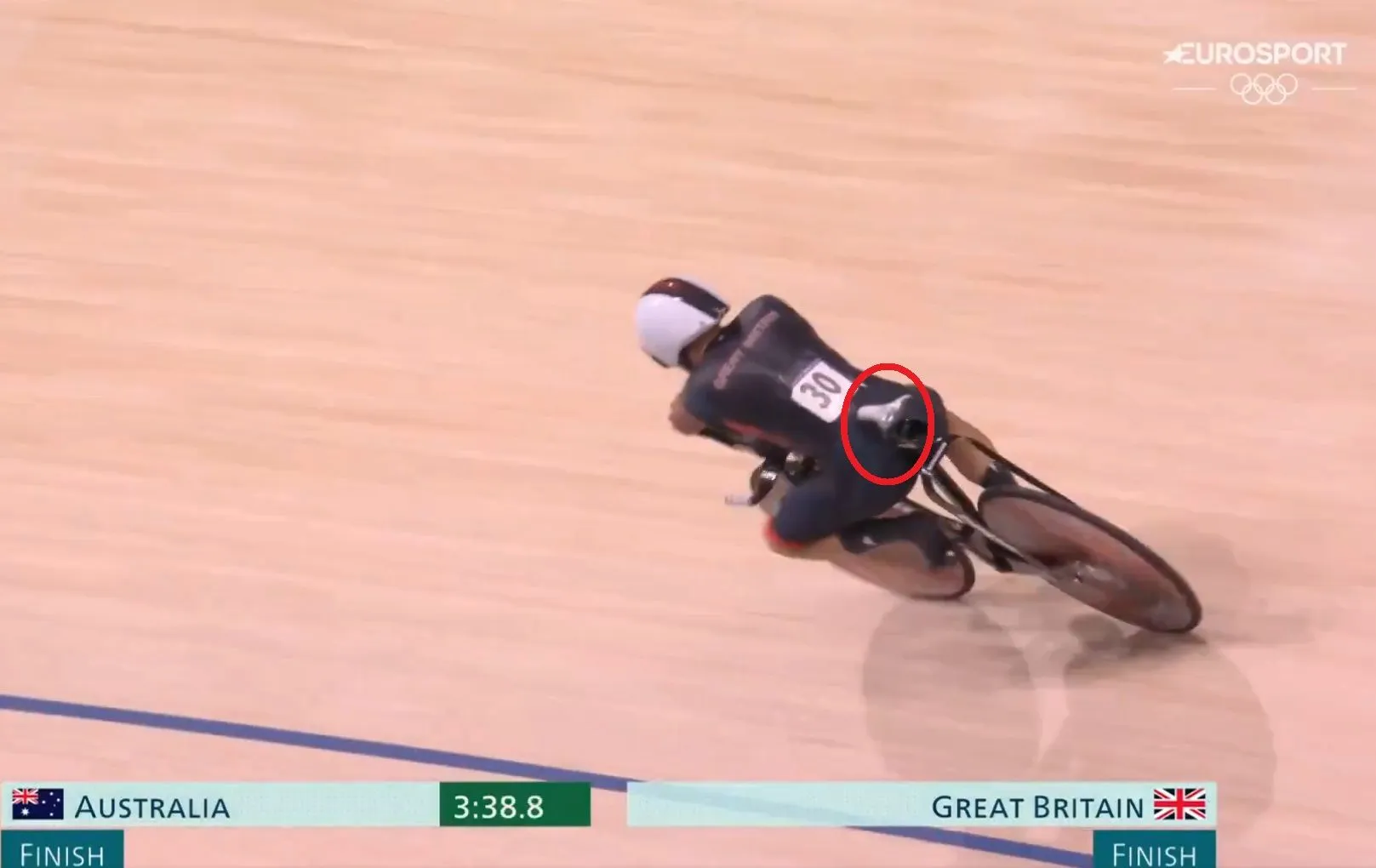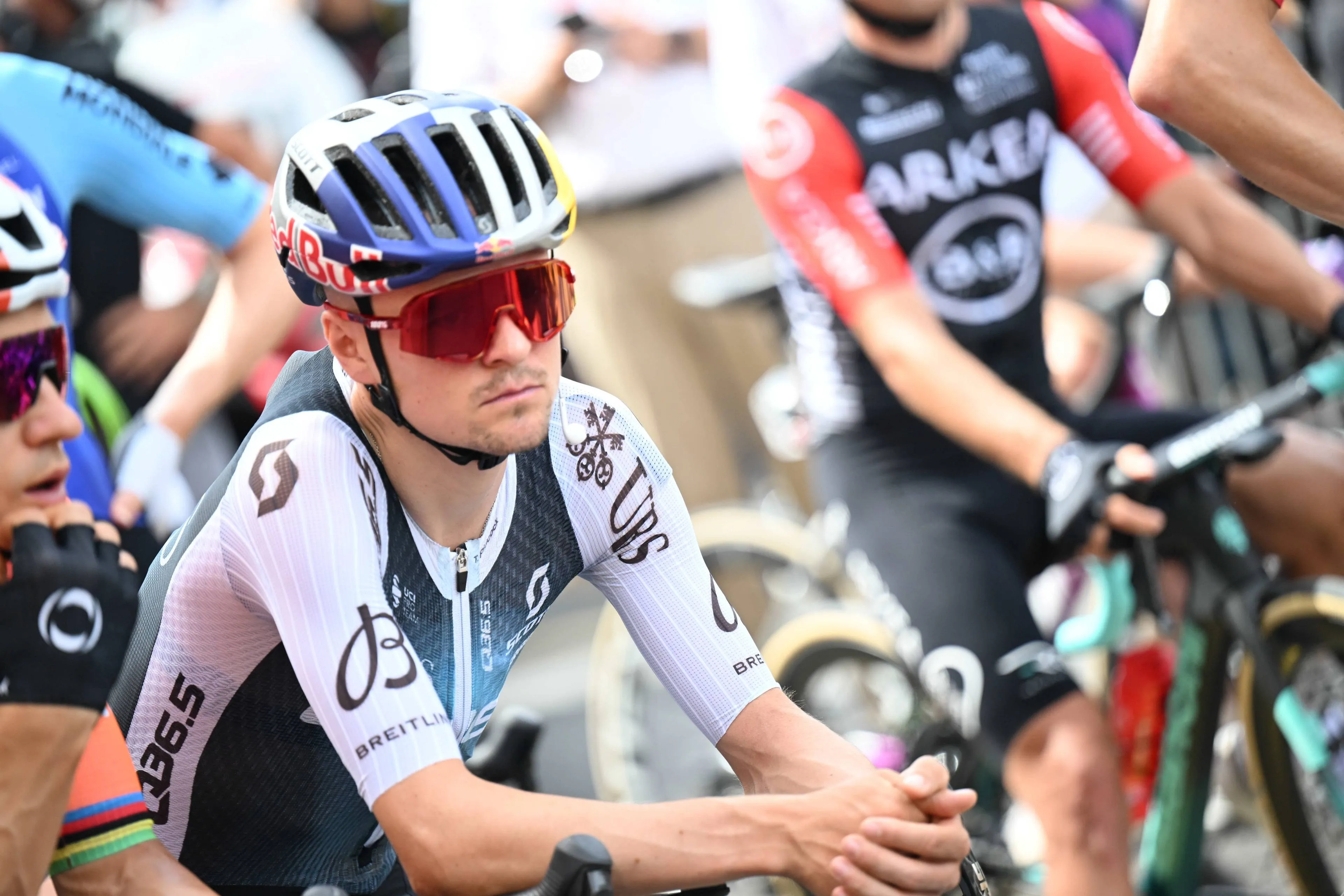US anti-doping agency who brought justice upon Lance Armstrong admits to use of doping rule violators as undercover agents
OtherFriday, 09 August 2024 at 02:18

The global and U.S. anti-doping agencies are at odds over undercover tactics used by the American body to try to catch drug cheats. The World Anti-Doping Agency (WADA) suggests that the U.S. agency USADA broke the global code by letting several athletes it had caught between 2011 and 2014 violating drug rules go undercover and keep on competing without prosecution in exchange for information on other violators.
USADA tells Reuters that the tactic is necessary and allowed, and wants to keep using it. On the contrary, WADA reports it is against its code and that athletes caught breaking doping rules should not get to line up in races, potentially winning prize money and medals, without first being publicly prosecuted and sanctioned.
Read also
"WADA is now aware of at least three cases where athletes who had committed serious anti-doping rule violations were allowed to continue to compete for years while they acted as undercover agents for USADA, without it notifying WADA and without there being any provision allowing such a practice under the (global) code or USADA's own rules," WADA said in a statement to Reuters.
The global agency said the three athletes have since retired but declined to name them, citing security concerns in case they faced retaliation. It issued the statement after Reuters asked if it was aware of the practice, having seen speculation about it by sports fans on social media.
Read also
The U.S. agency has defended letting drug rule violators compete so they could act as undercover informants, saying in one case such assistance had provided intelligence to a U.S. federal law enforcement investigation into a human and drug trafficking scheme. "It's an effective way to get at these bigger, systemic problems," USADA Chief Executive Travis Tygart told Reuters. The agency declined to provide specifics about the incident in which the reliance on USADA's informant had helped U.S. authorities.
Despite varying reactions on social media, Tygart, who is known for driving his agency's prosecution of U.S. cyclist Lance Armstrong, believes using violating athletes to expose more senior ones, as well as gather intelligence on organised criminals involved in sports doping and trafficking is the right thing to do.
Read also
claps 5visitors 4
Just in
Popular news
Latest comments
- I just hope that he just says that he got cramps and that's it, rather than some long-winded excuse which makes him seem even more of a piece of...
 Rafionain-Glas18-02-2026
Rafionain-Glas18-02-2026 - finally, a team that does something smart. I could never understand why Ineos would like Egan train as he did alone. put a motorbike behind him with an earpiece to call out issues above. same with remco crashing into a postal truck.mij18-02-2026
- Wow, that is not a good sign for Remco. Great win for Tiberi!Pedalmasher18-02-2026
- Great champion Remco but his profile is more suitable for Ardennes-like races and tour with no very hard climbs. Not only Tadej and Vingegaard, there are a lot of younger cyclists (del Toro, Ayuso, maybe Seixas, Nordhagen and others) that will soon be big GC boys.
 maria2024202418-02-2026
maria2024202418-02-2026 - Evenopoel 1st real test, and he failedZamorano18-02-2026
- Remco is not the natural climber that riders like Tadej or Jonas are, no matter how much he trains and prepares for it. Yes, you can TT your way up moderately steep hills, but when the gradient gets super steep, he just can't keep up.
 santiagobenites18-02-2026
santiagobenites18-02-2026 - So against the better riders and a long mountain, Remco cracked. Sorry but way away from Pog and Jonasabstractengineer18-02-2026
- “I was portrayed as the devil" Bruyneel was really a talented team manager. His minor flaws: "coordinated, well-funded, and sophisticated doping regime" "hand-in-hand in implementing the team-wide doping programme" "was involved in trafficking and administering prohibited substances and methods, including EPO, blood transfusions, testosterone, human growth hormone, and cortisone. Teammates testified that nothing significant happened without Bruyneel's knowledge and approval." "fostered an environment where doping was considered a "fact of life" and necessary for success, effectively making it a condition of survival on the team. He also participated in or assisted with the cover-up of positive tests and doping violations." Those quotes show Bruyneel's true talent.Cyclingnut18-02-2026
- Fed up hearing "their" voicesslappers6618-02-2026
- When you join Ineos , learning , time , no pressure go out of the windowabstractengineer18-02-2026
Loading
14 Comments










